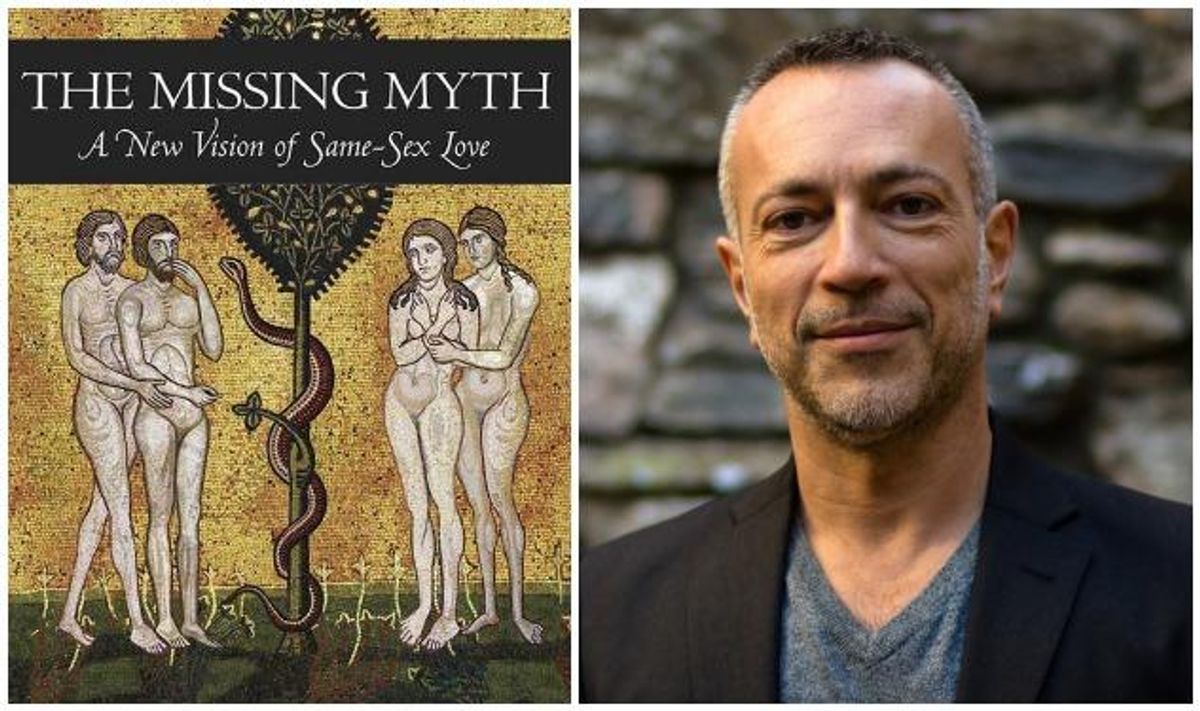News & Opinion
Same-Sex Marriage: The Invisible War

By continuing to use our site, you agree to our Private Policy and Terms of Use.

The breaking of new boundaries inevitably exposes us to new ones. The expected recognition of same-sex marriage by the Supreme Court will be no exception.
As a social contract, marriage grants visibility and legitimacy. As an economic union, it increases material security. One may debate about what historically defines marriage or the alternative forms that gay unions could take, or even reject the mere idea of socially recognizing homosexual relationships and families. Here, I will posit that the rights and privileges that marriage offers cannot be denied on the basis of sexual orientation or gender uncertainty. That being said, I'd like to explain now why the legalization of same-sex marriage is only half of the equation same-sex lovers have to solve regarding their integration in the world of accepted norms.
At its very core, marriage is a ritual and what constitutes a ritual, whether religious or secular, is twofold. What people do, what custom specifies, and what the law determines is only the visible part of the iceberg. One shouldn't ignore the other--invisible and yet essential--part: its meaning.
To believe that marriage is symbolically defined solely on the basis of love is missing decades of research and discoveries in the fields of anthropology, deep psychology, and history. The symbolism of marriage goes much deeper. In all human cultures, how people love and how they unite emotionally and physically (as in anything that deeply matters to the survival of the group) has never been left to the whims of the people in power or individual sensitivity, let alone randomness. All key occurrences in human life had to conform to the prevalent belief system, which dictates what is viewed as being true, as being beautiful, and as being good. And if the most fundamental layers of that symbolic framework remains out of reach, deeply buried in our collective unconscious, they are most readily discernible in the myths.
Regrettably the meaning of the word myth today is often reduced to that of urban legend or collective lie. But myths, when one knows how to recognize them (even in a culture as complex as ours), fulfill a role that is far more paramount: They tell us where we come from and where we are heading to, who we are and why we are here; they help us understand our place and importance in a universe that is so alien to us; they help us make sense of the chaos of our lives. Most importantly, myths are never seen as myths, but as the truth. Greeks didn't have myths; they had living gods and heroes and monsters. We began to say they had myths when we begun to believe in Jesus Christ's miracles. Then we began to say that Jesus's miracles were myths, too, when science took over. At least some of us did. Today, most of us believe that the universe emerged from the unfathomable explosion that physicists call the big bang rather than created in seven days. Myths are evolving, just like the truth we believe in. But when it comes to love, sex, and relationships, our myths are surprisingly backward.
Almost universally, the prevalent belief is that the most perfect union is that of the masculine and the feminine. Why? Because it reflects the grand cosmic order, which lies on a precarious balance between opposite and complementary fundamental energies--the sacred polarity at the source of life, perfection, and harmony: masculine-feminine, positive-negative, active-passive, yin-yang ... you can actually draw a straight line from ancient Greece to China and include pretty much everything in between. Christianity inherited it; so did Tantric philosophy and alchemical thought. How we conceive sex and marital love does not escape this paradigm, and in the Judaic, Christian, and Islamic cultures this sacred polarity is forever encapsulated in the myth of Adam and Eve.
Centuries later, however, the abundant works of zoologists, anthropologists, and social scientists demonstrate that this is not how life works. Sex has evolved to become far complex than a simple reproductive pairing. As to love--Love--a simple binary model won't do the trick anymore. But because our symbolic framework has not changed, same-sex marriage remains at best an oddity, even if an acceptable one. True, the new institutional landscape that is emerging is still unfamiliar to us, even to gays, but this is not the only reason. Same-sex marriage, and gay love for that matter, is--unlike heterosexual love--nowhere represented in the sacred. No myth gives us a sense that the love we bear in our hearts is beautiful and holy. We remain at odds with a Cosmic Order that was defined more than two millennia ago and that we still haven't revisited.
As Dan Savage puts it, "straight people have redefined marriage to a point that it no longer makes any logical sense to exclude same-sex couples," yet our victories have a taste of unfinished business. We are winning the political war but we are losing the symbolic war simply because we are not fighting it. This is a war however that no politician or activist can win, a war--symbolic and invisible--that only poets and the (wo)men of science can wage; but this is a war, I believe, that we all need to make our own.
Gilles Herrada, Ph.D. is is an independent scholar, a life coach, and the author of The Missing Myth: A New Vision of Same-Sex Love, published by SelectBooks. He dedicates his time to understanding human sexuality and the evolution of symbolic realities in human cultures. More at TheMissingMyth.com
Want more breaking equality news & trending entertainment stories?
Check out our NEW 24/7 streaming service: the Advocate Channel!
Download the Advocate Channel App for your mobile phone and your favorite streaming device!